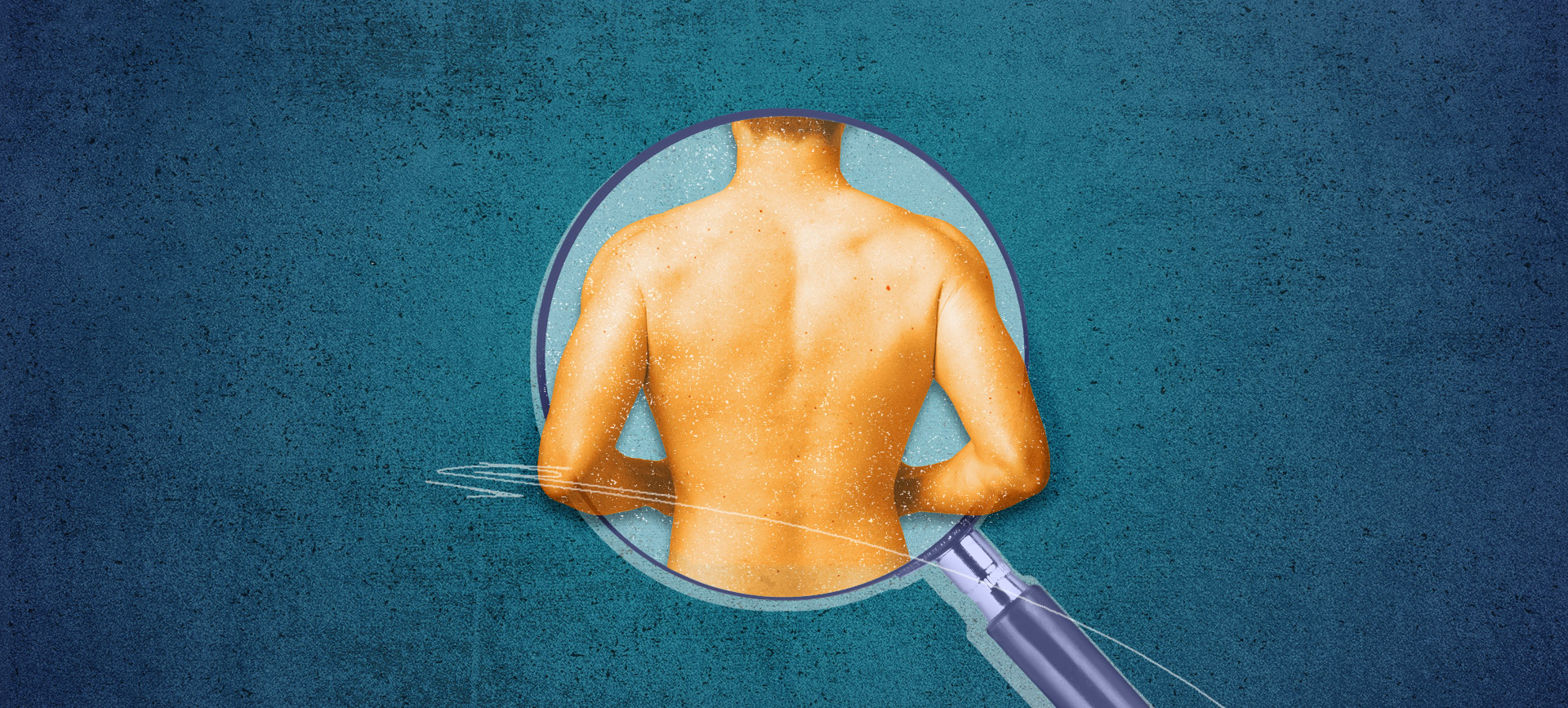"The goal of self-exam is to find a cancer in an early and treatable stage, at a time when it is localized and has not spread elsewhere," said Andrew Siegel, M.D., a New Jersey-based urologist.
Self-checks—when performed along with regular checkups from a medical professional—can be a helpful tool in early cancer detection. However, a downside of self-testing is the possibility of finding something that looks abnormal when there is no cancer, according to Christopher Kyle, M.D., a urologist with the Oregon Urology Institute in Springfield, Oregon.
"I have had people that come into my urology office that have discovered something they are convinced is a malignancy," Kyle said.
Still, he'd rather have to reassure a patient who comes in with a harmless symptom than have an early sign of something serious go unnoticed.
June is National Men's Health Month, an annual observance that aims to encourage awareness, early detection and treatment of diseases. Kick off the month right by conducting these supplemental self-exams for men.










